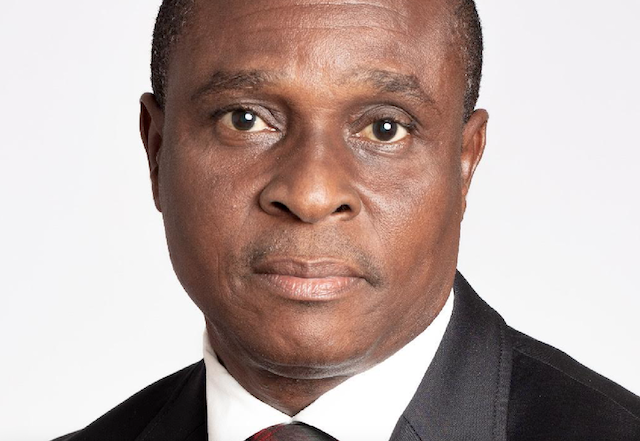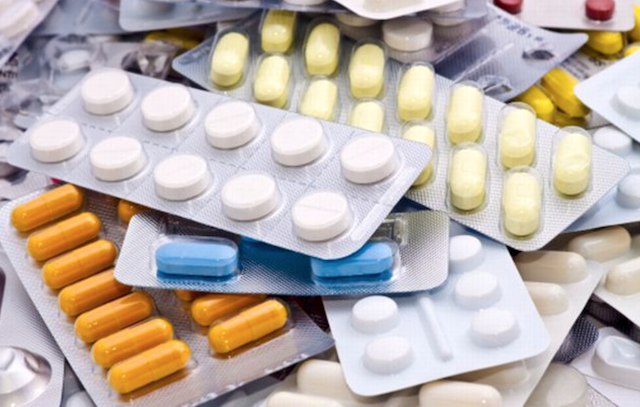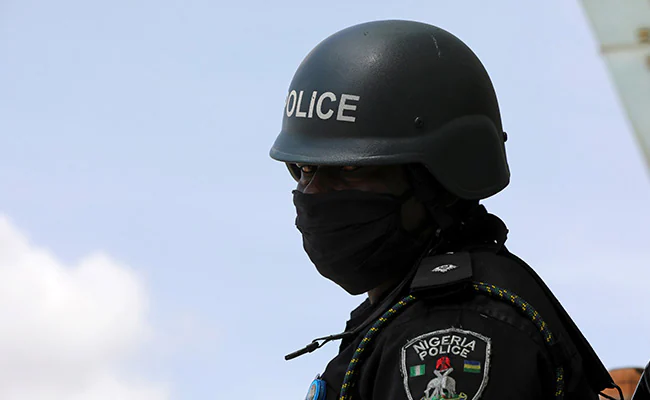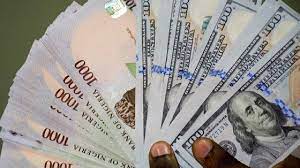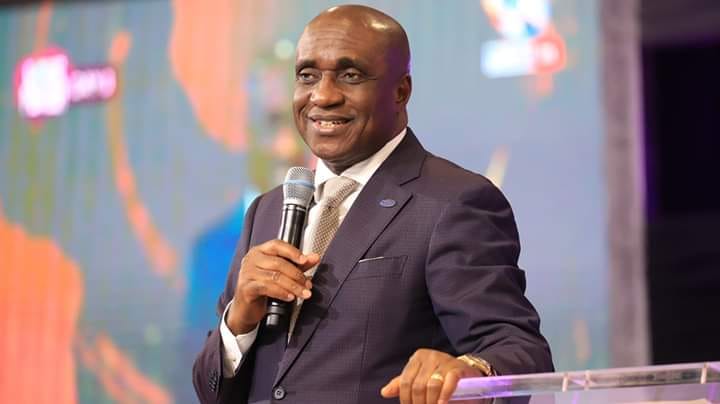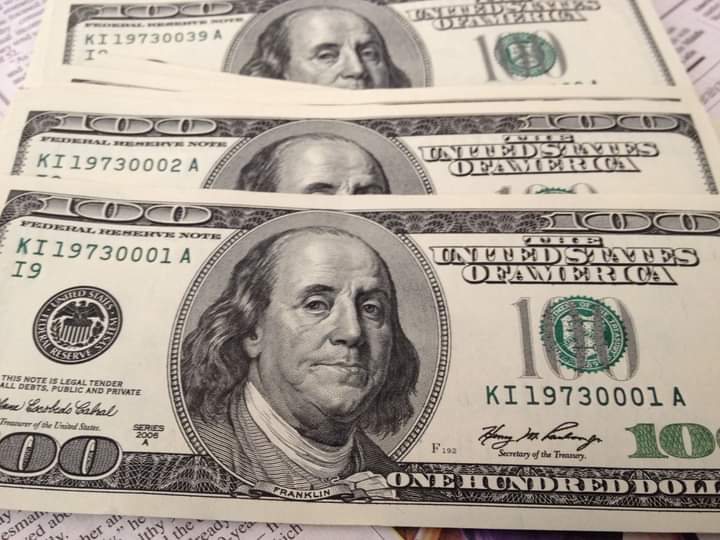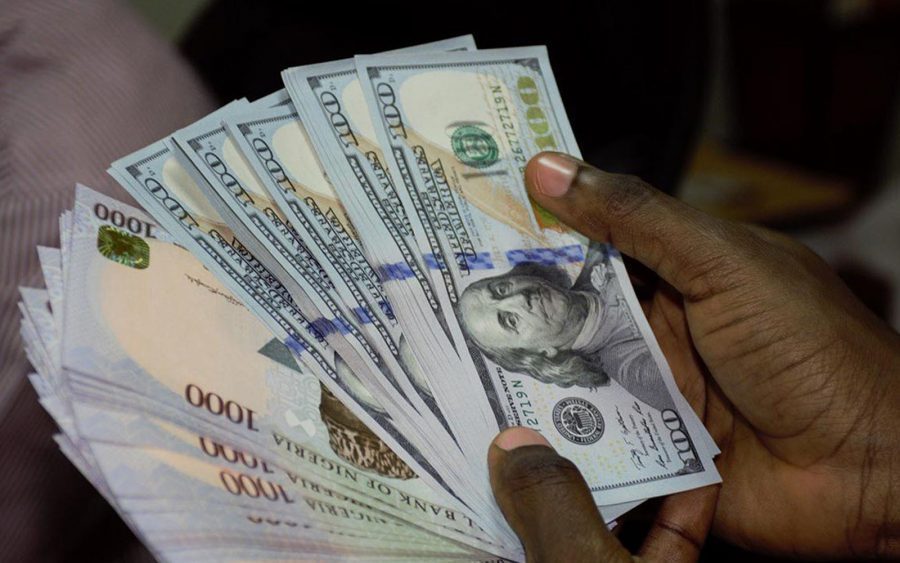At 415 Naira to US$1, Nigeria’s outbound medical tourism cost the economy 664 billion Naira or US$ 1.6 billion as of May 2022. These are the estimated official figures admitted by the federal government as money spent by Nigerians seeking healthcare overseas. Comparatively, while inbound medical tourist visit to the country was under 1000 in 2019, for the same reason 1.9 million Nigerians travelled abroad.
These figures would have continually declined if proper investments were made in the healthcare sector. In addition, the health policies and executive recklessness in both public and private sectors are significant factors fueling the craving for overseas medical travel, even for the most minor ailments like neck pain! For surgery alone, the Nigerian Investment Promotion Commission estimated 30,000 Nigerians travelled for surgery alone in 2019.
Although there have been some investments in modern healthcare facilities in the country, these are quite a few and grossly inadequate to stem the tide of the merry-go-round that medical trip has become. For instance, the Nigerian Sovereign Investment Authority (NSIA) invested a total of $22.5 million in two diagnostic centres in Kano and Umuahia ($5.5 million each) and the NSIA-LUTH Cancer Centre in Lagos costing $11.5 million. In as much as these investments are encouraging, the managers of the facilities are not marketing them properly.
There is also the Duchess a purpose-built, state-of-the-art, 100-bed hospital that is meant to deliver the highest standard of healthcare comparable to anywhere else on the planet. Duchess International Hospital is said to have benefitted from the N200 billion CBN post-Covid funding.
Besides, quite a huge portfolio of rent seekers has developed around the business of medical tourism with the medical profession itself broiled into the saucepan. The commissions paid on referrals by doctors in Nigeria have enticingly augmented revenue for those who choose to practice in the country. In all these, the economy bleeds. The scarce foreign exchange earnings from crude oil and remittances to Nigeria are again sucked back into the same originating economies.
Quick fixes
It is wasteful to dwell on what could have been done during the tenure of the winding down of the government of eight years. Rather, the focus now should be on how to do sustainable quick fixes to save the economy post-Buhari regime. Genuine patriotism needs to be demanded by the incoming federal government from both private and public sector executives. The culture of entitlement and outlandish nibbling of the system should be stopped. The medical profession in Nigeria should also take responsibility for the numerous referrals they have aided when there, apparently, was no need it for it. The following comprise quick fixes that can patch forex leakage through medical tourism:
o Medical trips and allowances for executives in both private and public sector establishments should be paid in naira so that recipients can make dollar purchases themselves.
o Government should accredit only highly rated diagnostic and hospital facilities across the country as authentic referral centres for medical treatment overseas. Then, the referrals given by these hospitals and diagnostic centres become affirmation that they lack either the personnel or the facility to conduct such a procedure or test.
o Medical trip overseas by top executives is loaded on some companies’ earnings. This entitlement and the dollar allowance is the major lure to foreign medical trip.
o All medium and large-scale companies in the private sector have in place health insurance packages for employees graded according to their position and office.
o In addition to this, appropriate tax on the foreign exchange component of the medical allowance due to top execs can be a disincentive to the collection of this money in forex while the government will make it tax-free if it is paid in local currency. This measure should also apply to the public sector’s top-level employees.
o A reassessment of the existing national health insurance scheme to ensure it works for everyone
Exemptions should be given to foreign nationals who, in most cases, have a healthcare package that may require them to travel to their home countries for access to facilities. Of course, the executives have earned their perks and corporations owe themselves a duty to ensure top-notch healthcare for their executives. However, this should not be to the detriment of the bleeding economy. Medical facilities in the country ought to be used before jetting out for things that can be done locally thereby saving money for both enterprises and the economy.
The Downsides
Certainly, Nigerians are significant contributors to this burgeoning medical tourism industry. In a report authored by Dr Olusesan Makinde, he admitted that while “medical tourism could provide access to health care services that are not available in departure countries, several issues such as cost of service, follow-up after surgery, quality of care, and adverse outcomes are challenges that have plagued the industry.”
Thereby, medical tourism is systematically creating a cycle of business out of the weak health system from the low and middle-income countries that contribute heavily to this market. This is largely due to the fact that “some of the services that medical tourists seek are not ethically allowed in their home countries where they will return upon completion of a procedure, thereby creating a follow-up conundrum.”
However, Makinde notes; “not all services provided to medical tourists are of the quality advertised. About 25% of medical tourists who presented in one of the leading Asia country tourist hospitals for care regretted seeking care at this health facility and were unlikely to recommend the practice to their peers. In addition, it is said that the risks associated with services are downplayed or never mentioned to medical tourists by Medical Tourism Facilitators.
A study recently reported that 39% of patients who presented at a health facility in Nigeria after receiving neurosurgical care outside the country died from complications of the procedures they had undergone. Upon return to the country, over a quarter of these patients presented with infections necessitating follow-up care that was not initially planned and that incurred unplanned expenses, which pushed the cost of care to astronomical levels.
Another downside not known to the public, according to Makinde, is that “medical tourists, in their bid to seek care, are exposed to infectious microbes that are uncommon in their native environments, thereby facilitating the transfer of these contagious agents across geographic boundaries.
Many Nigerians travel to countries such as India and the UK for various treatments including cardiac surgery, neurosurgery, cosmetic surgery, orthopaedic surgeries, and renal transplant surgeries. The ongoing case of one of Nigeria’s serving Senator’s daughter is a case in point that should be shaming to any government. Recall also that the wife of a Nigerian ex-president died after undergoing cosmetic surgery in Spain.
Low Awareness
As stated earlier, patients with medical conditions that are treatable in Nigeria are being referred abroad because of better information on the availability of services over the internet and social media whereas health facilities available in the country are held back by the code of medical practice which frowns at physician’s advertising. However, advertising facilities and services are not prohibited. If healthcare facilities and expertise available overseas can be advertised and is permissible under the same code of ethics for medical practice, the facilities and expertise available may also use the internet to inform people about services offered in the country.
The drain on the foreign exchange earnings of the government through avoidable medical trips abroad should be stopped. Only in the case of emergencies with referrals from the accredited best-rated facilities as proposed here, can a foreign trip be permitted.
Although, the federal government may not impose restrictions on private-sector health spending, but it can show examples and curb frivolous medical trips in the ranks of top public sector employees. After reining in public servants’ penchant for medical tourism, it can then focus on the private sector by first, deciding to peg annual forex allocation to private companies for overseas healthcare.
